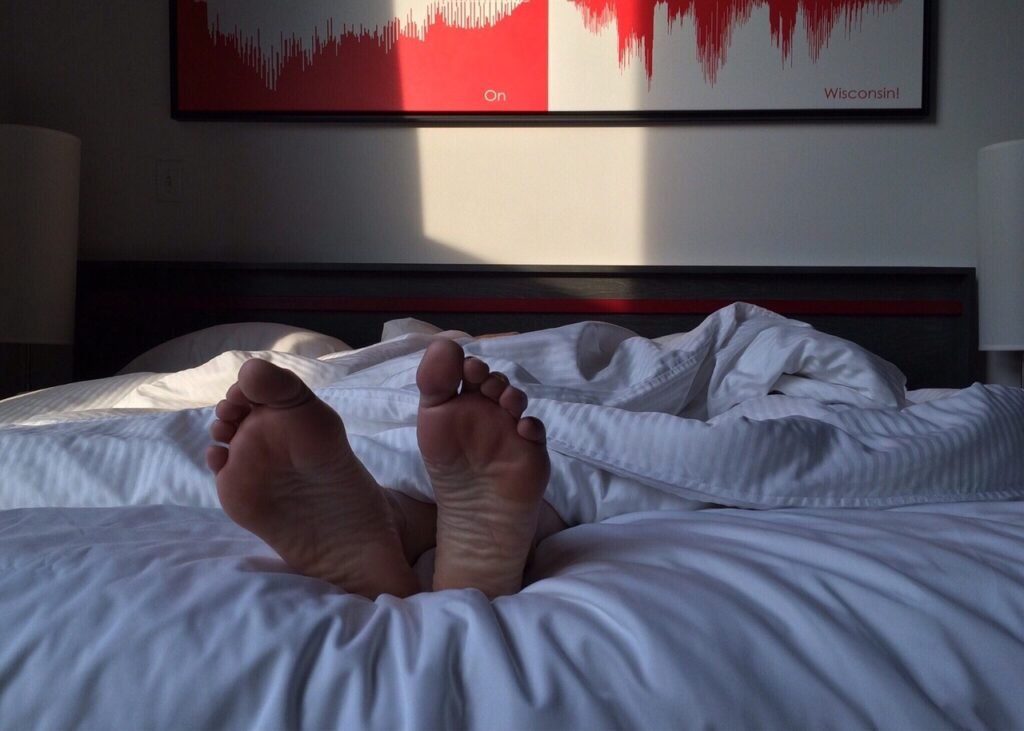The process of sleeping is one of the most basic biological phenomena for the normal functioning of our physical and mental health.It exerts huge effects on every sphere of our daily activities, starting from cognitive function to emotional wellbeing.This comprehensive guide shall attempt to delve into the ways of maintaining good sleep health, common disorders related to it, and finally some practical tips toward getting better quality sleep.
The Advantages of Good Sleep

- Cognitive function: The brain consolidates learning by developing problem-solving and decision-making processes; consequently, it enhances our ability to understand and remember information. It processes information so that a person understands and remembers everything they encounter in their environment.
- Physical health:A good sleep is the very mainspring of healthy living. Moreover, it plays a crucial role in maintaining a healthy immune system, regulating metabolism, and supporting various other bodily processes.
- Emotional well-being: Proper mood regulation, reduction in stress, and the overall prevention of mood disorder like depression.
- Chronic Disease Prevention: By just getting enough sleep, it prevents diseases such as chronic heart conditions, stroke, and diabetes.
- Improved Performance: Enough sleep improves physical and cognitive performance while exercising or working academically.
Common Sleep Disorders
- Insomnia: encompasses difficulties with initiating sleep, staying asleep, or both; furthermore, it includes waking up too early and struggling to return to rest.
- Sleep apnea: is a sleep disorder characterized by breathing disturbances; additionally, it is often accompanied by snoring and gasping for air.
- Narcolepsy: is characterized by excessive daytime sleepiness; as a result, an individual may suddenly fall asleep without warning.
- RLS: Restless Leg Syndrome is typified by an uncomfortable sensation in one’s legs; consequently, this discomfort creates a strong urge to move the legs.
- Sleepwalking: This condition involves performing complex actions with only partial wakefulness; therefore, individuals may engage in various activities while still being largely asleep.
Tips for a Better Night’s Sleep
- Create a Sleep Sanctuary: Make your bedroom a peaceful, comfortable space.
- Get onto a schedule: Go to bed every night and wake up every morning at exactly the same time.Limit Screen Time: The blue light from the screens interferes with your sleep.
- Relieve Stress: Meditate or do some deep breathing.
- Watch What You Eat: Keep the heavy meals and caffeine to as far away from bedtime as possible.
- Exercise regularly: Provided an individual is involved in doing physically active work, they are likely to turn out to be good sleepers.But one should not do vigorous exercise before going to bed.
Additional Information on Sleep Health
Sleep and Aging
- Sleep Patterns: As one gets older, sleeping patterns change quite naturally.Old people often struggle to wake up and even more so to stay asleep.
- Sleep Disorders: Doctors most commonly observe sleep apnea, followed by restless legs syndrome, which primarily affect the older age group.
How Sleep Affects Children
- Enough Sleep: Enough sleep contributes to children growing, developing, and learning.
- Sleep and Your Child: Common sleep disorders of childhood include night terrors, somnambulism, and enuresis.
Sleep’s Impact on Mental Health
- Depression and Anxiety: A link has been made between sleep disturbance with depression and anxiety.
- Bipolar Disorder: An individual affected by Bipolar Disorder can very well have irregular sleep patterns.
The Influence of Sleep on Work Performance
- Productivity Decrease: Impaired judgment and reduced ability to work lead to decreased performance and an increase in accidents.
- Economic Impact: The economic impact in term of productivity lost and health expenditure.
Effects of Tech on Sleep Blue
- Light Exposure: Artificial exposure to blue light emanated from TV’s, Radios, and iPhone devices can develop sleep and wake cycles.
- Sleep Technologies: Many sleep technologies monitor a person’s sleep and offer relaxation programs. They provide personal consultations and tips for achieving perfect sleep.
Seeking Professional Help
You should consult your doctor if you have a chronic sleeping problem. He or she will do the needed diagnosis and then create a treatment plan that is just for you. Your doctor may be in a position to provide you with personal precautions and lifestyle changes that may help you sleep better, depending on your needs.
Remember
A good night’s sleep is as essential for health and well-being as eating and exercise.
Sleep education and the development of good sleep hygiene will help to improve the quality of life and reach one’s full potential.
Conclusion

Sleep is a vital part of our human experience. By emphasizing how one gets good sleep and establishing sleeping habits, we can open ourselves up to so much more.This encompasses both a better well-being and increased productivity and, hence, the possibility of a happier, healthier life.So, make sleep a priority and reap the rewards.


Thanks for the great advice!